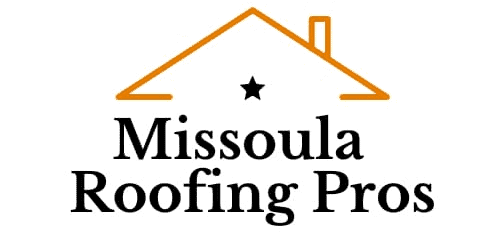why do commercial buildings have flat roofs?
A flat roof is a type of roofing system that is, as the name suggests, completely flat or nearly flat. They are different from pitched roofs, which have a slope or incline, and are more common on residential buildings.
Flat roofs are commonly used on commercial buildings such as office buildings, warehouses, and retail stores. They are also found on some residential buildings, particularly in modern or minimalist architectural styles.
One of the main advantages of choosing to go with flat roofing is that they are relatively simple and inexpensive to install compared to pitched roofs. They also require less maintenance and have a longer lifespan. Not only that but they can also provide additional usable space, such as for outdoor patios or mechanical equipment, and may be suitable for certain climates and building types.
However, flat roofs are not as effective at shedding water and may require special drainage systems to prevent water from pooling on the roof.
In this article, we will explore all the advantages of having this type of roofing for your business and if you should go for it or not.
Flat roofs are cost-effective
- Material costs: Flat roofs generally require less material than pitched roofs. Pitched roofs require more structural support and a larger surface area of roofing material to cover the slope of the roof. A flat roof, on the other hand, will have a much smaller surface area and require less material to cover. This can result in significant cost savings.
- Labor costs: Flat roofs are generally easier to install than pitched roofs, requiring less labor and time. This can also result in cost savings.
- Maintenance costs: Flat roofs are typically easier to maintain and repair than pitched roofs. Pitched roofs have a steeper slope, which can make it more difficult to access and repair them. They are also less prone to damage from extreme weather conditions, such as high winds or heavy snowfall, which can further reduce maintenance costs.
- Lifespan: Flat roofs have a longer lifespan than pitched roofs. Pitched roofs are subject to more wear and tear due to their slope, which can lead to more frequent repairs and replacements. A flat roof, on the other hand, will experience less wear and tear, which can result in fewer repairs and a longer lifespan.
Flat roofs provide additional usable space
- Outdoor patios: Flat roofs can be transformed into outdoor patios or terraces, providing a space for employees or customers to relax and enjoy the outdoors.
- Green roofs: This type of roof can be covered with vegetation, creating a “green roof” that provides insulation, reduces stormwater runoff, and improves air quality.
- Mechanical equipment: Flat roofs are often used to house mechanical equipment such as air conditioning units or water tanks. This can help to free up space within the building and reduce the overall footprint of the building.
- Solar panels: Flat roofs can also be used to install solar panels, which can generate electricity for the building and help to reduce energy costs.
Flat roofs are suitable for certain climates and building types
Flat roofs are often suitable for certain climates and building types due to their unique characteristics and design. Some of the ways in which they are suitable for certain climates and building types include:
- Hot and arid climates: Flat roofing is common in hot and arid climates, such as in desert regions or parts of the south-western United States. This roofing system is able to shed heat more effectively than pitched roofs, which can help to reduce the overall temperature of the building. Flat roofs also do not require as much water to maintain, which is important in regions with limited water resources.
- Modern or industrial building designs: Flat roofs are often used in modern or industrial building designs, as they can complement the sleek and minimalist aesthetic of these styles. They are also suitable for buildings with large, open floor plans, as they do not obstruct views or create visual barriers.
While flat roofs may not be suitable for all buildings, they offer a number of benefits in terms of cost, functionality, and design that make them a popular choice for commercial buildings.
Do you live near Missoula, Montana and are considering repairing, installing or replacing your flat roof? Contact the best roofing contractor in the area!
